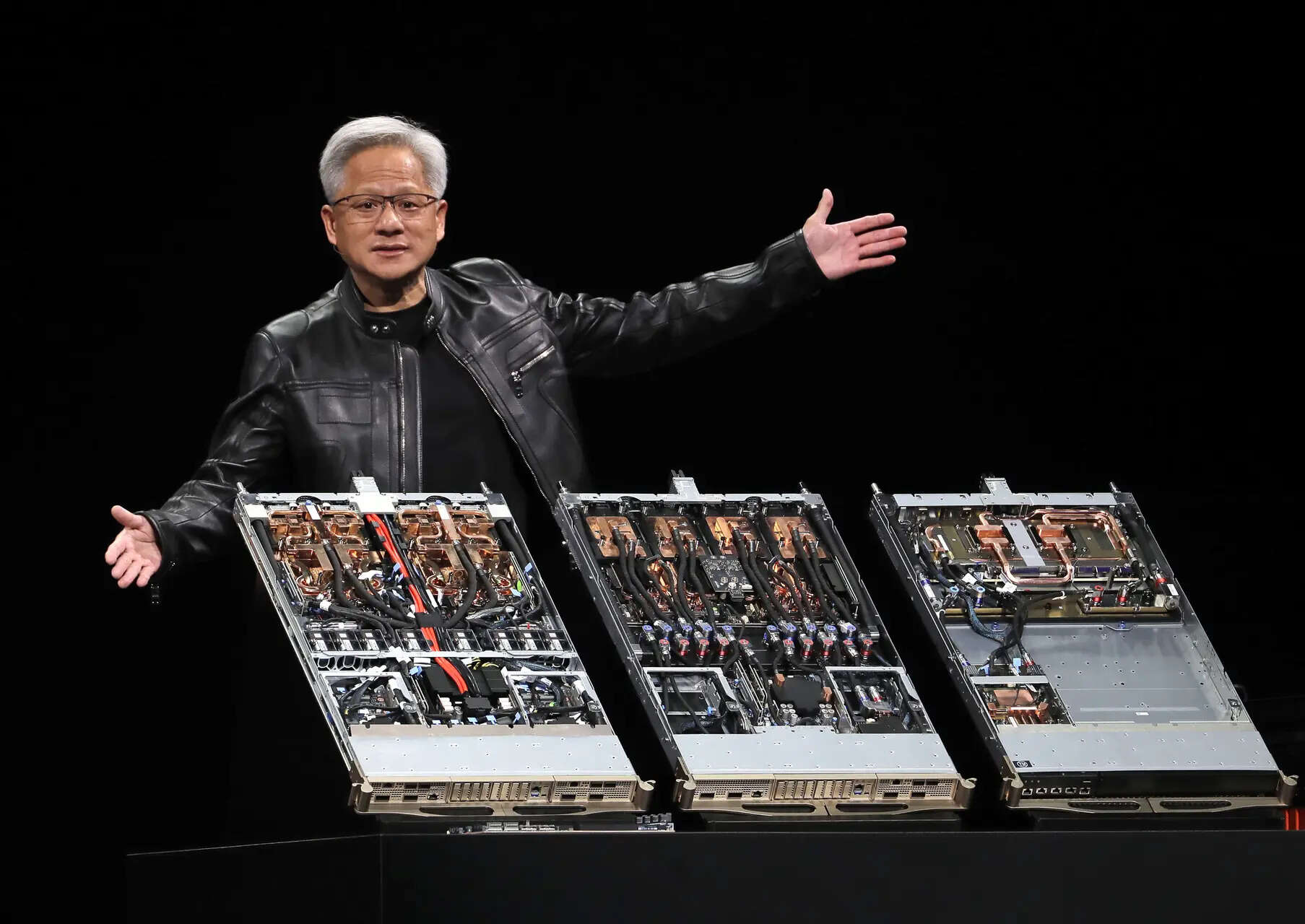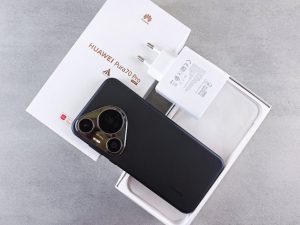US Lawmaker Criticizes Resumption of Nvidia H20 Chip Sales to China Over AI Security Concerns

In a bold move igniting debate on national security and technology export policies, Republican Representative John Moolenaar has sharply criticized the recent decision to resume sales of Nvidia’s H20 AI chips to China. In a letter addressed to U.S. Commerce Secretary Howard Lutnick, Moolenaar warned that allowing the export of these advanced AI chips poses a significant risk by potentially accelerating Beijing’s artificial intelligence capabilities, thereby undermining America’s strategic advantage in AI technology.
Moolenaar reaffirmed that the original ban on H20 chip sales — imposed during the Trump administration — was an important measure to prevent Chinese companies from gaining an edge in the AI sector. “We cannot let the Chinese Communist Party leverage American chips to develop AI models that might strengthen their military, enforce censorship, and hinder American innovation,” he wrote.
The decision to relax restrictions and permit the export of the Nvidia H20 chip overturns export controls aimed at protecting national security by restricting Beijing’s access to cutting-edge semiconductor technology. The H20 chip is particularly noteworthy for its high performance in AI inference tasks, which are critical for real-time AI applications and supercomputing. Nvidia’s move to market the H20 chip in China came as a strategic response to earlier Biden administration policies that limited exports of Nvidia’s more advanced chips to the Chinese market.
The controversy surrounds concerns that these chips could empower Chinese tech giants, such as Tencent and DeepSeek, to develop supercomputers and AI models that challenge U.S. dominance. An April 2025 report by the Select Committee on China emphasized that Nvidia’s H20 chips played a role in enabling a breakthrough AI model developed by DeepSeek, highlighting the chip’s strategic importance.
Despite the resumption, the U.S. Department of Commerce remains involved in overseeing license approvals for chip exports. Nvidia has expressed confidence that these licenses will be granted promptly to facilitate chip deliveries. However, Moolenaar has demanded a detailed briefing by August 8 on the criteria and process for license approvals, the volume of chip exports expected, and the identities of the recipients. He stressed the superior performance of the H20 chip compared to current Chinese alternatives, such as those developed by Huawei, underlining the potential consequences for U.S. technological competitiveness.
Following Moolenaar’s public criticism, shares of Nvidia experienced a decline, reflecting investor concerns over the geopolitical implications. Nevertheless, an Nvidia spokesperson defended the decision to ease export controls, asserting that fostering global innovation and economic growth ultimately benefits U.S. technology leadership and national security.
This episode highlights the ongoing tensions within U.S. politics regarding technology exports to China, with bipartisan consensus still supporting restrictions, yet administration policies showing signs of cautious relaxation amid complex international negotiations, including those related to rare earths and magnets.
As the debate intensifies, the global AI landscape watches closely how U.S. policy balances economic interests with safeguarding national security in a rapidly evolving technological era.



